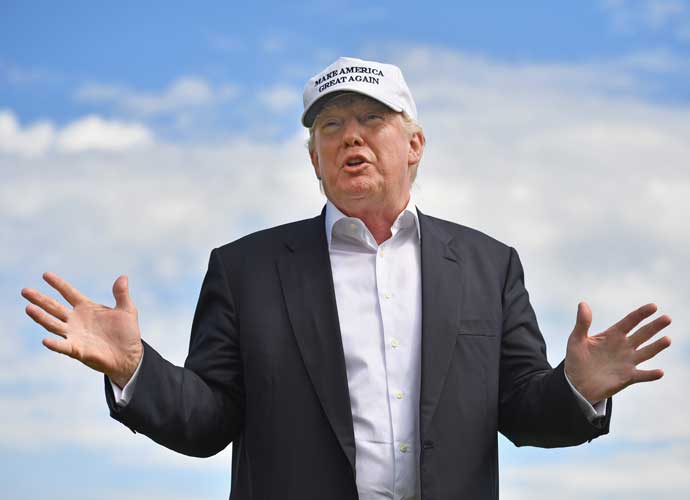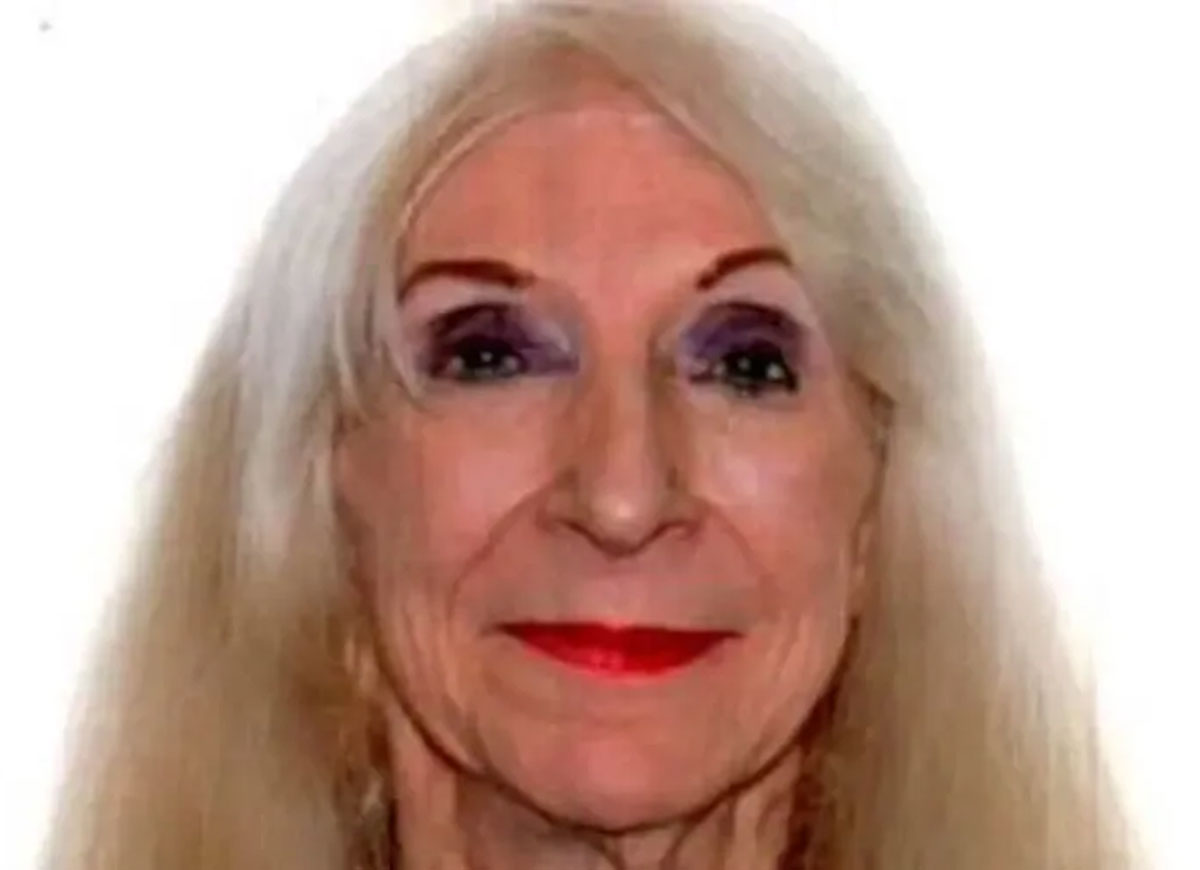United Nations Expert On Fake News Labels Donald Trump As Worst Perpetrator
President Donald Trump regularly brands new organizations and reporters he disagrees with as “fake news,” but it turns out he might presently be the greatest source of misinformation in the United States.
David Kaye, a law professor at the University of California and the United Nations’ Special Rapporteur on Freedom of Expression and Opinion, noted the sitting president in an interview with Digital Rights Monitor.
Pakistani’s general elections were held back in July, and popular social media platforms like Twitter and Facebook were saturated with false information regarding it. When asked about this, Kaye explained how he believes “everybody is struggling on how to deal with disinformation.” However, he adds how this problem is not exclusive to Pakistan, admitting “governments are real offenders when it comes to disinformation.”
SLIDESHOW: DONALD TRUMP’S 30 CRAZIEST TWEETS
Subscribe to our free weekly newsletter!
A week of political news in your in-box.
We find the news you need to know, so you don't have to.
“You know, governments are putting out false information,” Kaye said. “I mean, in my own country, the United States, the worst perpetrator of false information is the President of the United States. So one thing is how do we deal with government ‘fake news’ — if you want to call it that, but propaganda is a better phrase for it.”
Continuing, Kaye explains his belief that “journalists need to be covering” the misinformation and revealing it. “And again that’s hard for people in societies where you face all sorts of threats. So that’s something: You need to do it; it’s time consuming; it takes away from other reporting you might do, and when you do it you can come under pressure from the government or other actors.”
Kaye contests that although social media platforms cannot outright prevent propaganda and misinformation from appearing, they can better monitor and label them as such. “But they can do things like identify how long is this Twitter account that’s tweeting all of this information, how long has it been in effect? Was it created three hours ago? Well then, maybe it should be restricted. You know, how many followers does this one have? Are those followers bots?” Social media is a prominent component in society today, but Kaye argues there are measures companies can take to reduce spam and the amount of accounts that are bots.
Kaye concluded by adding that the public does have a duty in handling fake news. “I mean, if organizations are not doing the work themselves, they should be working with fact-checking organizations and others to try to identify which are the bad actors out there.”
Get the most-revealing celebrity conversations with the uInterview podcast!






Leave a comment